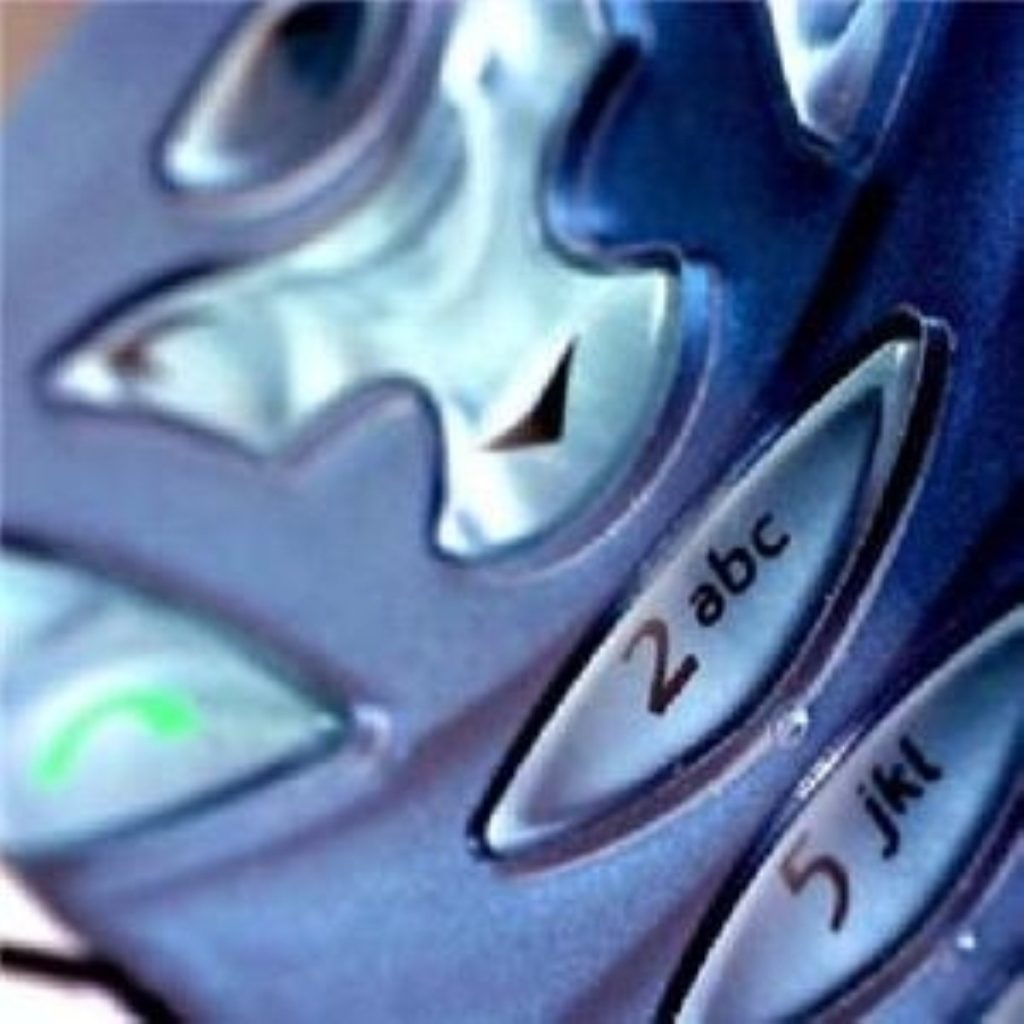1,500 surveillance requests made a day
By politics.co.uk staff
An average of 1,500 surveillance requests are made on Brits every day, a report by the interception of communications commissioner has revealed.
Over 500,000 requests for phone and email records were made in 2008, according to the report, with an annual equivalent of one in every 78 adults being targeted.
The report, by commissioner Sir Paul Kennedy, triggered angry responses from civil libertarians, and prompted the Liberal Democrats to map out plans to tighten up controls on surveillance powers.


“The government forgets that George Orwell’s 1984 was a warning and not a blueprint,” said Lib Dem home affairs spokesman Chris Huhne.
“Many of these operations carried out by the police and security services are necessary, but the sheer numbers are daunting.
“It cannot be a justified response to the problems we face in this country that the state is spying on half a million people a year.”
The party wants the power to authorise surveillance to be given to magistrates, rather than the government.
“We have sleepwalked into a surveillance state, but without adequate safeguards. Having the home secretary in charge of authorisation is like asking the fox to guard the hen house,” Mr Huhne concluded.
Under the Regulation of Investigatory Powers Act (Ripa), introduced to tackle terrorism and organised crime, certain individuals within the police, councils and various public bodies are entitled to request a surveillance order.
A Home Office spokesman said: “Of course it’s vital that we strike the right balance between individual privacy and collective security and that is why the Home Office is clear these powers should only be used when they are proportionate.
“To ensure the appropriate use of Ripa, the Home Office has recently completed a public consultation on revised codes of practice, and on all public authorities able to use certain techniques relating to Ripa, the ranks at which these techniques can be authorised and the purposes for which they can be used.”
The total number of requests is down on 2007, but still represents a 40 per cent increase on 2006.









